LaMelo Ball once said, “History is dependent on the new generation to write a new chapter,” and with each generation, we see that truth in action.
Things evolve—technology gets smarter, our quality of life improves, and entertainment becomes even more engaging. These advancements help us surpass the past, and Generation Z is proving that in more ways than one. From their digital-first mindset to their fresh take on trends, Gen Z is rewriting the rules of advertising.
Curious to know how?
Stick around, because in this article we’re diving into the world of Gen-Z-focused advertising. And if you have to step away, make sure to come back quickly—you won’t want to miss a thing!
Gen-Z Vs Millennials: The Clash of Advertising Styles
Paracelsus once said, “Time is a brisk wind, for each hour it brings something new.” These words hold true, even in the ever-shifting world of advertising.
The landscape of advertising evolves at a much faster pace, much like the alien parasite from the movie “Life”. In just a few decades, it has transformed dramatically, largely driven by the rise of new generations with unique preferences and behaviours.
Gen Z, the latest generation to step into adulthood, is quickly reshaping the industry and challenging the strategies that resonated with their predecessors, the Millennials.
Key Differences Between The Two Generations
Digital Exposures: Who’s Really at Home in the Digital World?
While Millennials experienced a more gradual shift from traditional media to digital, Gen Z was immersed in the digital world from the start. They grew up with smartphones, social media, and constant connectivity. So, when it comes to technology, Gen Z isn’t just comfortable—they have high expectations for seamless digital experiences.
Think of it like a competition between a tadpole and a bear cub. Sure, the bear cub can learn to swim, but the tadpole already has the upper hand, naturally built for the water.
That’s Gen Z in the digital landscape.
Short-Form Content vs. Long-Form Content: Which One Wins?
It’s no secret—Gen Z has a shorter attention span, which is why they love quick-hitting content like TikTok videos or Instagram Reels.
On the other hand, Millennials are more used to longer, more in-depth content and still enjoy things like full-length movies, long-form articles, and podcasts.
Ever felt that sense of déjà vu? Just look around!
Some people are still flipping through newspapers and magazines or watching long films, while Gen Z is scrolling through short news snippets or binging reels on their phones.
Social Impact vs. Luxury: What Do They Care About?
Millennials often seek out products that give them a sense of luxury and exclusivity. But for Gen Z, it’s all about authenticity. They are drawn to brands that are socially responsible, transparent, and aligned with their values. They care more about what a brand stands for than how exclusive it feels.
Let’s take the “Real Beauty” campaign as an example-
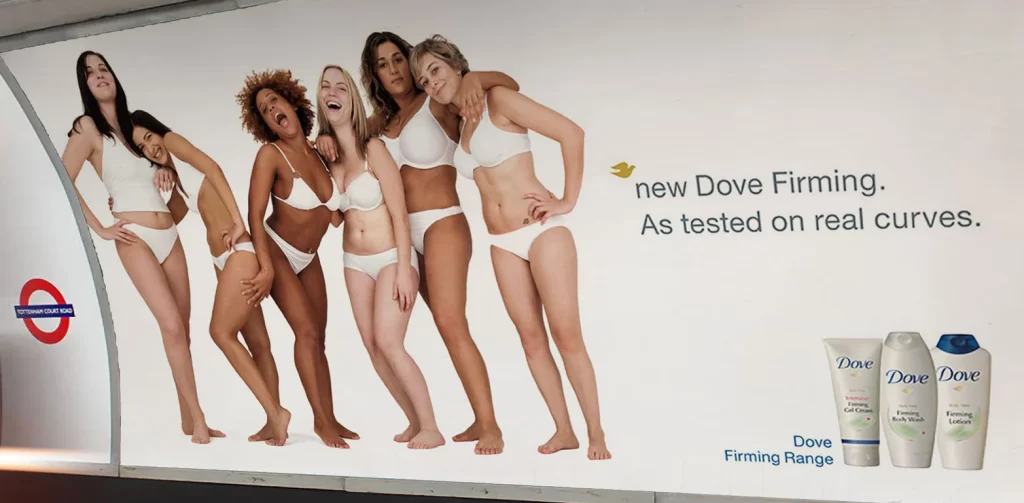
By focusing on body positivity and self-acceptance, the campaign struck a chord with Gen Z, making it one of the most successful campaigns ever.
Brands are adapting to this shift, moving from luxury-focused marketing to addressing the social values Gen Z holds dear.
Have you noticed this shift in your own surroundings?
The Ever-Changing World Of Media
Every passing day, a new change occurs in the world of media and that has been constant since the beginning of the digital age. From Radios and Newspapers to Instagram Reels, the form of preferred media keeps changing and so does the preference of the masses. Today, more than 50% of Gen Zers prefer using social media as their source of entertainment and news. This in itself means that short-form media is now more in preference rather than print or even television channels.
As an Advertising, Digital Marketing and PR agency with 21 years of experience, Grasshoppers India has witnessed this transformation first hand. We’ve immersed ourselves in various media domains, exploring and pushing boundaries to meet the evolving expectations of the public.
While we’ve seen the challenges that come with this shift, we believe that by collaborating and leveraging each generation’s strengths, we can thrive in this dynamic environment. Simply call us at +91 95601 07586 and let us help you reach your potential customers through social media.

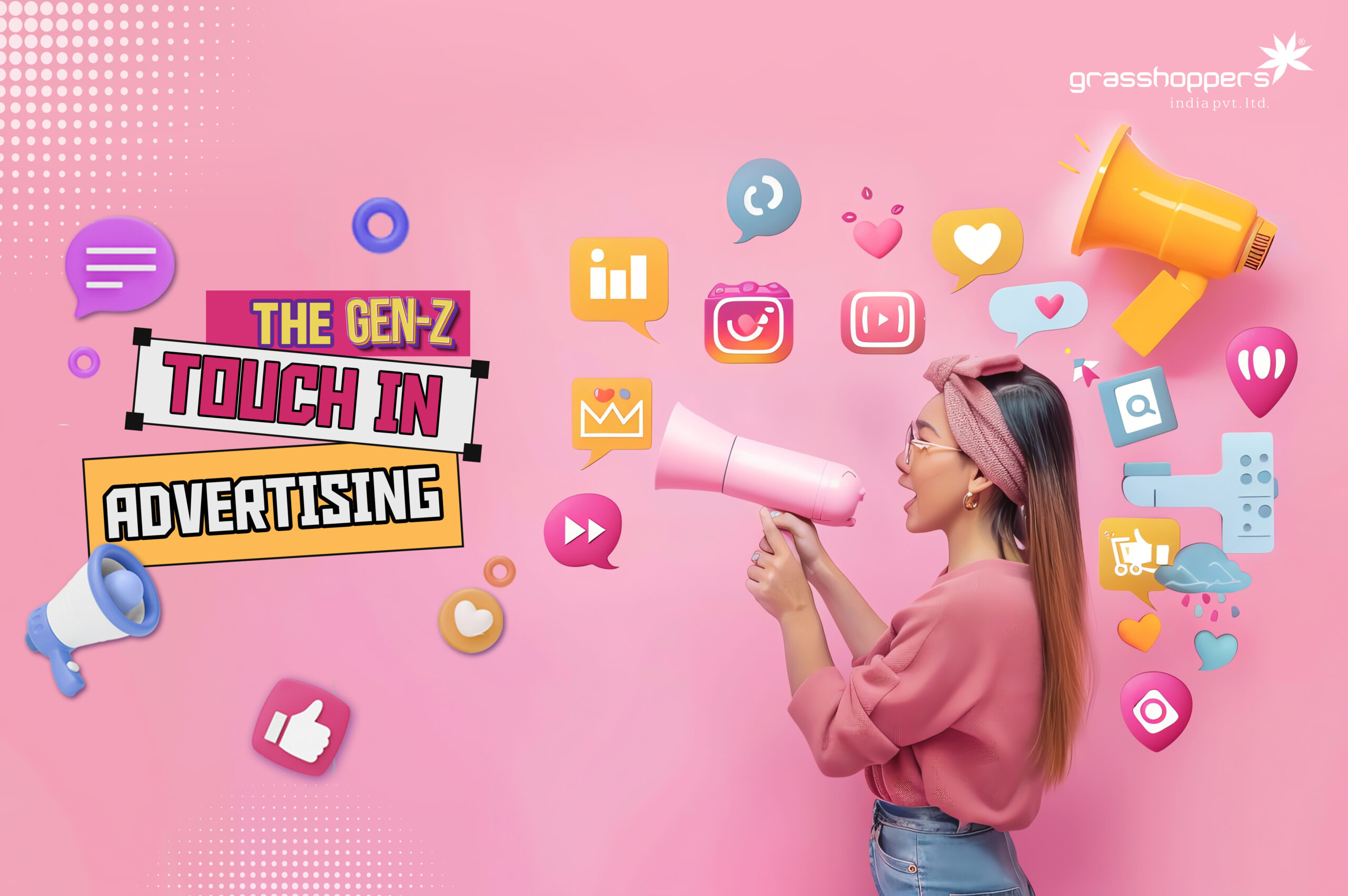

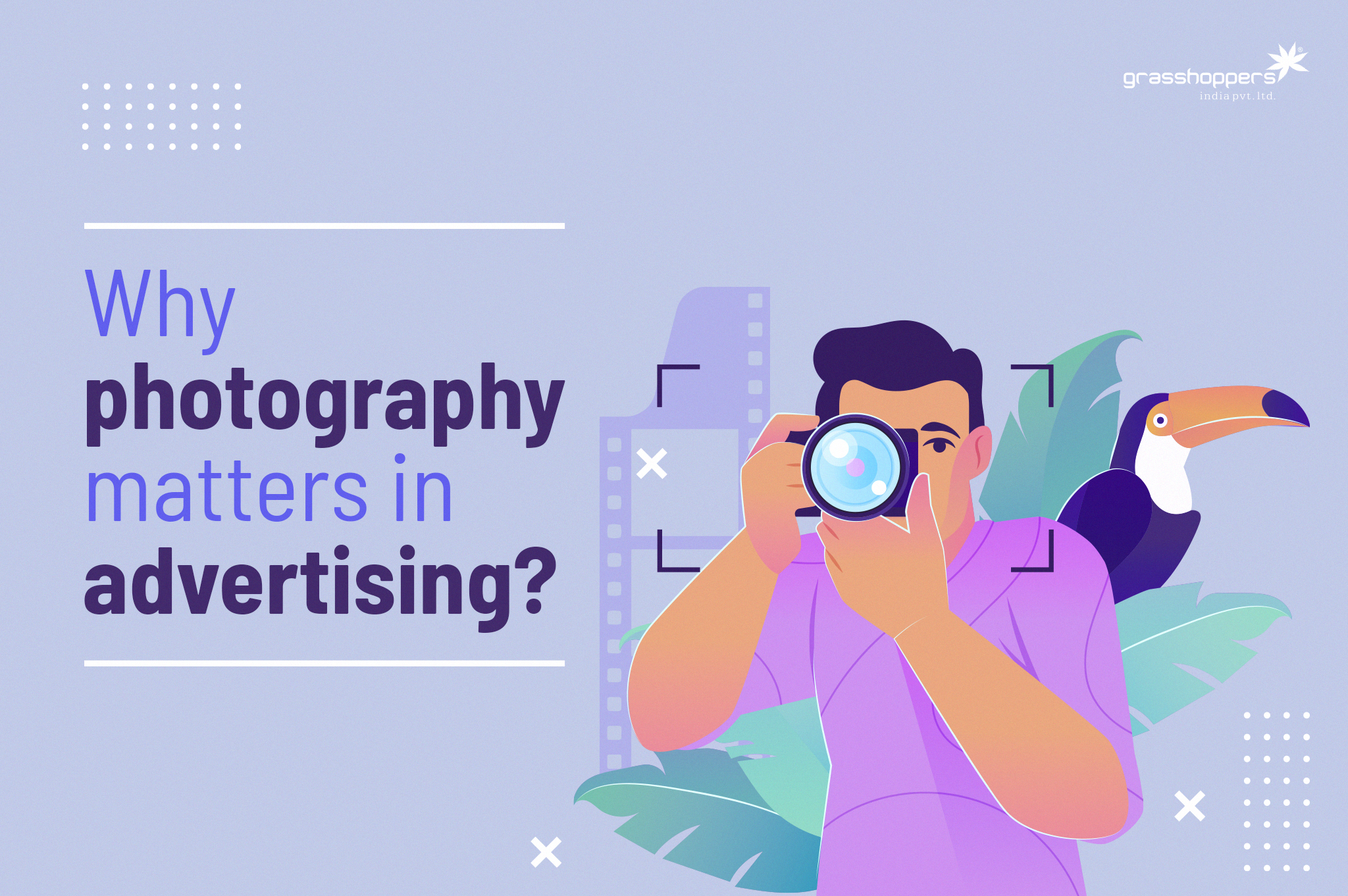

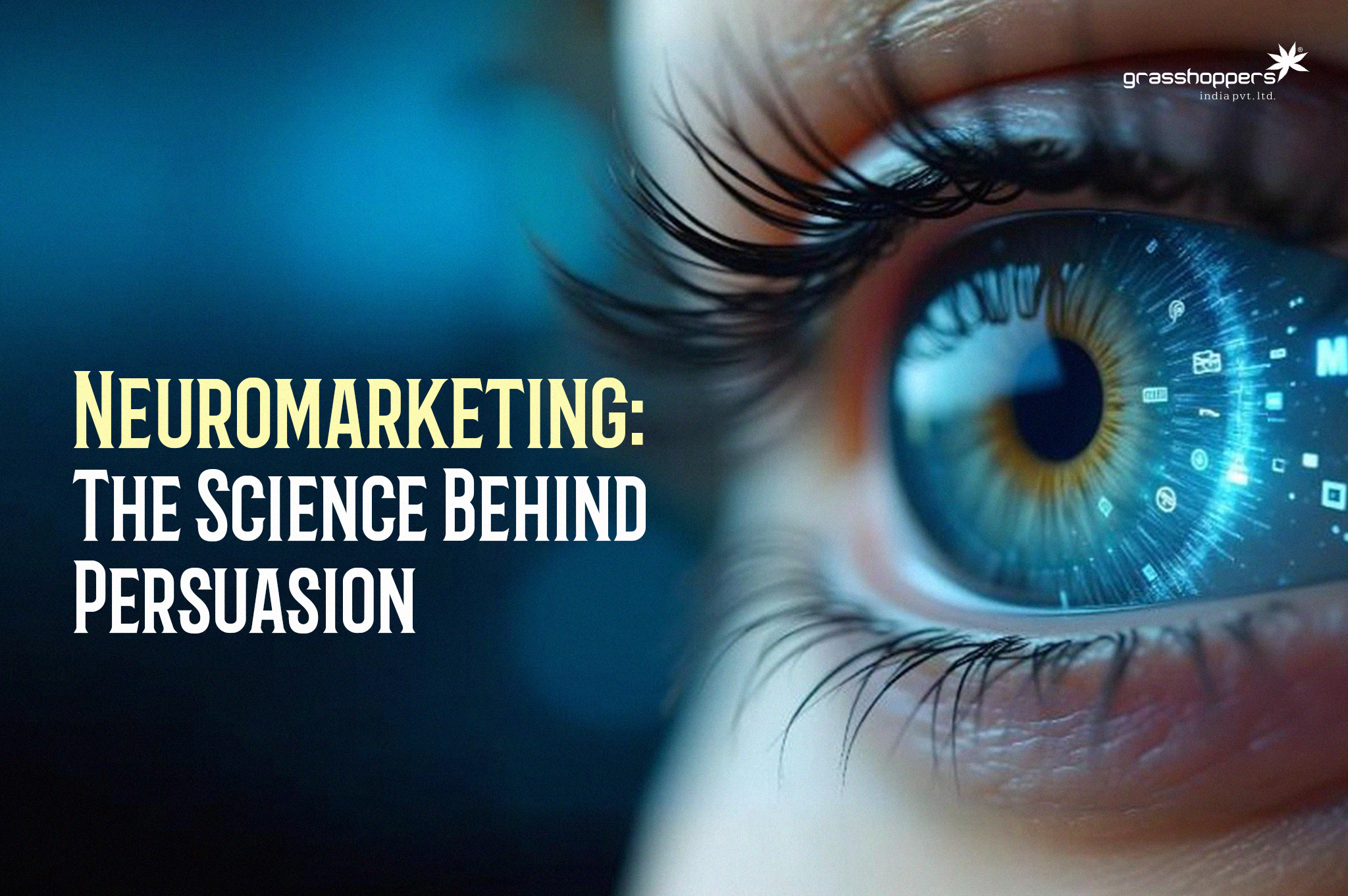

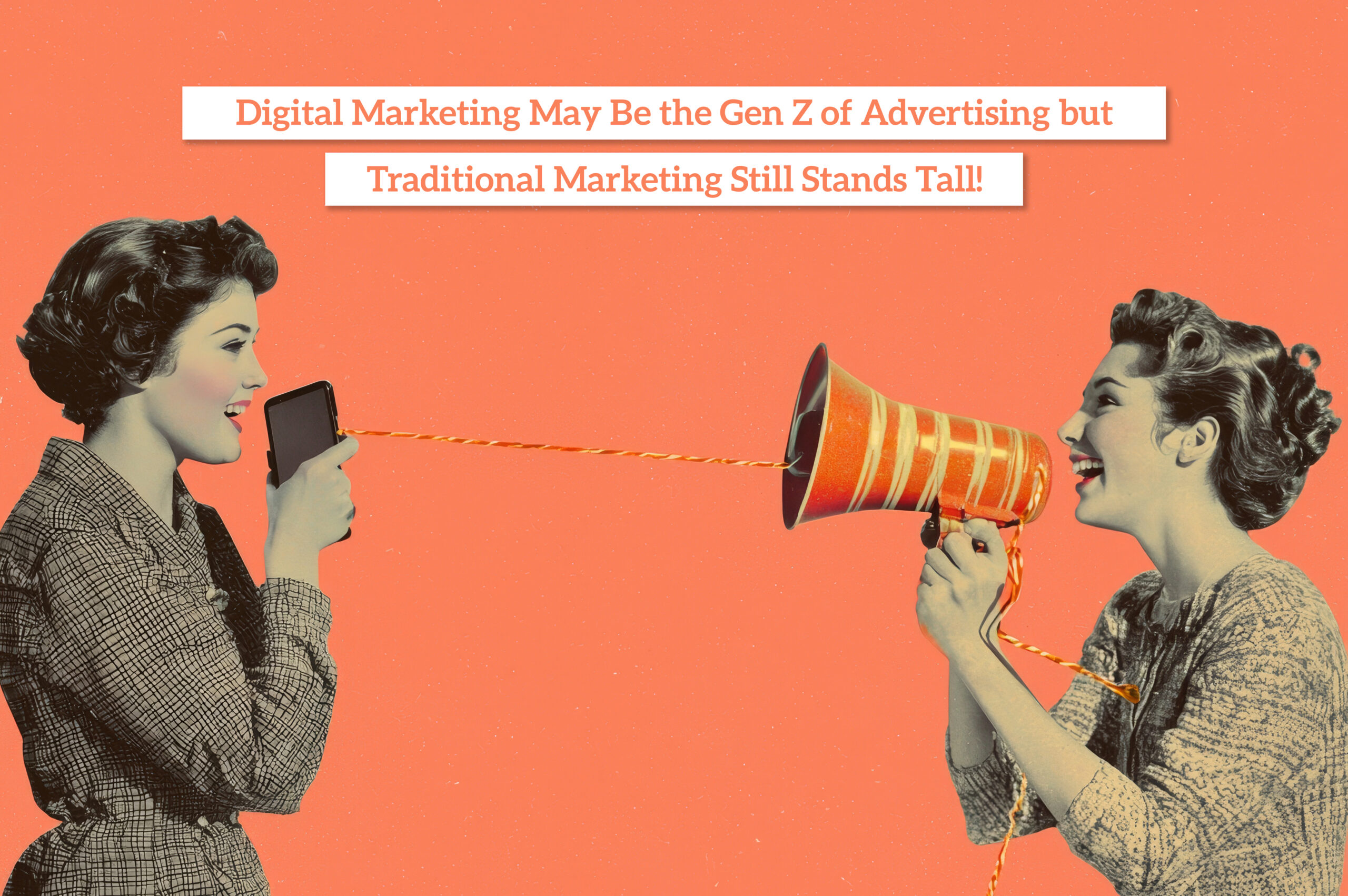
Leave a Reply